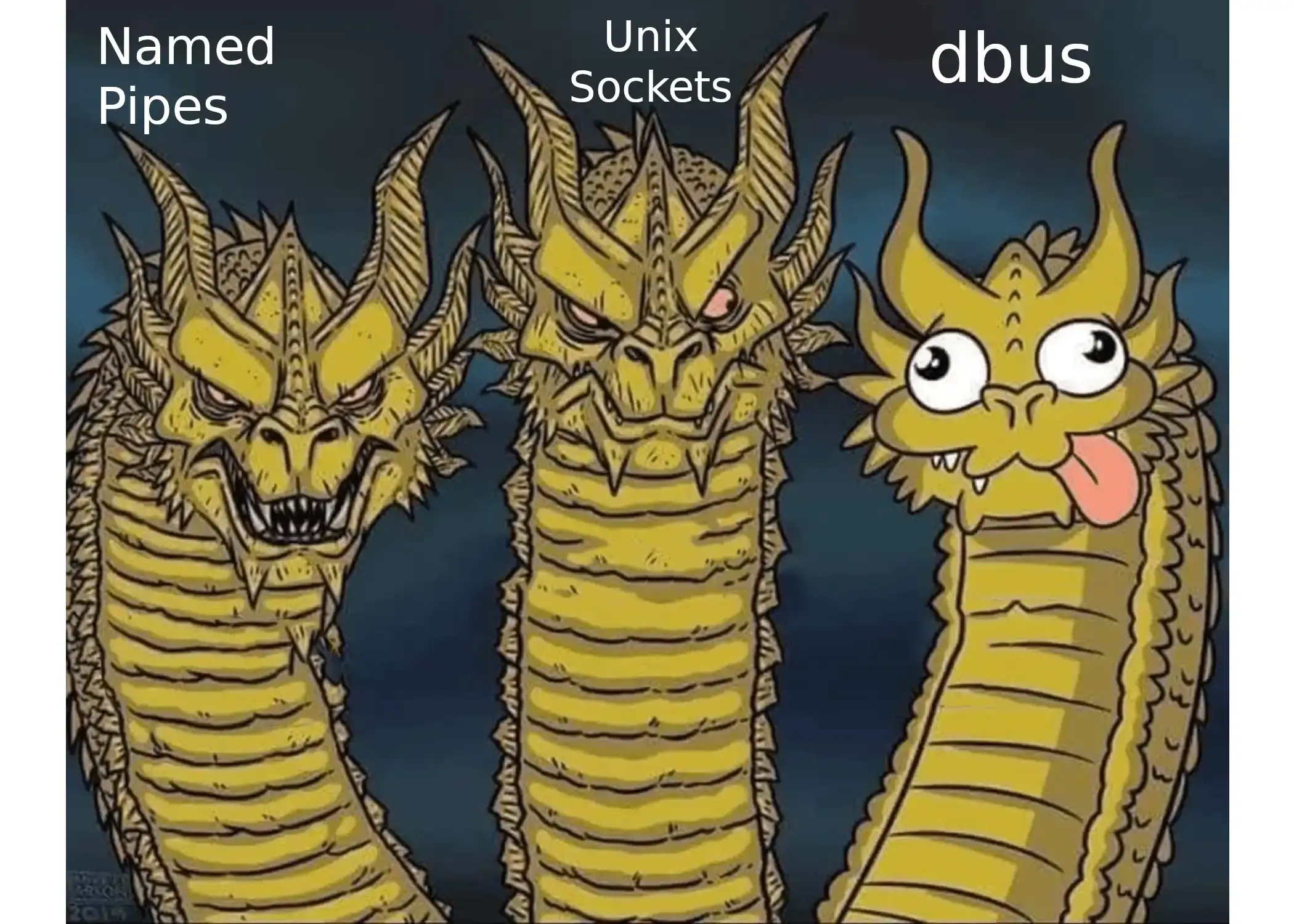this post was submitted on 28 Dec 2023
202 points (81.8% liked)
Linux
56671 readers
435 users here now
From Wikipedia, the free encyclopedia
Linux is a family of open source Unix-like operating systems based on the Linux kernel, an operating system kernel first released on September 17, 1991 by Linus Torvalds. Linux is typically packaged in a Linux distribution (or distro for short).
Distributions include the Linux kernel and supporting system software and libraries, many of which are provided by the GNU Project. Many Linux distributions use the word "Linux" in their name, but the Free Software Foundation uses the name GNU/Linux to emphasize the importance of GNU software, causing some controversy.
Rules
- Posts must be relevant to operating systems running the Linux kernel. GNU/Linux or otherwise.
- No misinformation
- No NSFW content
- No hate speech, bigotry, etc
Related Communities
Community icon by Alpár-Etele Méder, licensed under CC BY 3.0
founded 6 years ago
MODERATORS
you are viewing a single comment's thread
view the rest of the comments
view the rest of the comments

It would not be created if existing plumbing covered all use cases.
Don't assume you know better and that developers are simply reinventing the wheel.
Reinventing the wheel? Making new systems which create more problems than they solve? Adding abstractions which actually make things more complex?
Nah, those things have never happened in software
Every 10 years, a new abstraction layer will be added to the system. I wonder how an average linux desktop would look like under the hood in 100 years.
There is a lot of 'reinventing the wheel' in software, and I did not claim otherwise.
When new abstractions are beneficial, other programs take advantage of them and the whole ecosystem moves forward. When they are not, nobody cares and they are ignored and die. In that respect, open source software development is very much like evolution.
Judging by apps using it, looks like this abstraction is indeed useful.